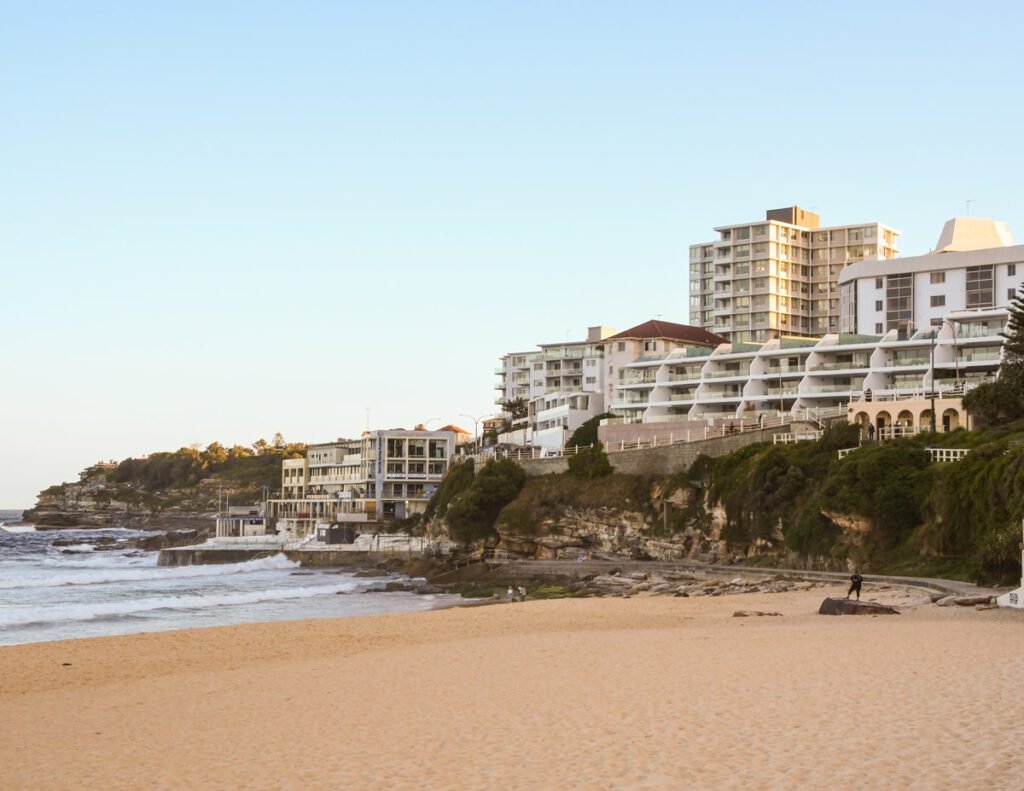Booking a short-term rental for your next trip can be exciting, but it’s important to stay safe and secure. Unfortunately, not all rentals are created equal, and some can pose hidden risks. In this guide, we’ll share some practical tips to help you stay safe and enjoy a stress-free stay.
The Importance of Sharing Your Location with Someone You Trust
One of the simplest ways to ensure your safety when staying in a short-term rental is to share your travel plans with someone you trust. Before you even leave for your trip, let a family member or close friend know where you’re staying, the address, and your check-in details. This is a simple step that can help authorities trace your location in case something goes wrong.
It’s also a good idea to keep them updated, especially if your plans change during your trip. If you’re staying in a new place, having someone know your location at all times can give you peace of mind. It’s always better to be safe than sorry!
What to Do If You Feel Unsafe in a Short-Term Rental
There’s nothing worse than feeling uneasy in your rental. If you find yourself feeling unsafe, trust your instincts. Here are a few things you can do:
- Leave the Property Immediately: If something doesn’t feel right, don’t hesitate to leave. Whether it’s an odd smell, strange behavior from the host, or an unsafe environment, it’s better to be safe.
- Contact Your Host: Let the host know that you feel uncomfortable and see if they can resolve the issue. Often, they can help or move you to a different unit.
Call for Help: If you’re still feeling uneasy and need assistance, contact local authorities or your accommodation provider’s emergency line.


Safety should always be your top priority. If something feels off, act on it right away.
Signs You’re Booking a Safe Rental: What to Look for
When browsing for a short-term rental, you want to make sure you’re booking a safe place. Here are a few signs that indicate a rental is trustworthy:
- Clear and Detailed Listing: A safe rental will have clear, high-quality photos, a well-written description, and detailed information about the amenities. Avoid listings that seem vague or lack details.
- Verified Reviews: Look for reviews from previous guests. Genuine reviews often mention specific experiences. Be cautious if all the reviews seem too good to be true or are written in vague terms like “amazing” or “perfect” without elaborating.
- Host Transparency: A trustworthy host should be responsive to your messages and willing to answer any questions you have. If they seem evasive or unhelpful, consider that a red flag.
How to Verify the Authenticity of a Short-Term Rental Listing
Before confirming your booking, take a few extra steps to verify the authenticity of the listing. Here’s how:Look for Verified Listings: Use reputable platforms like Airbnb or Booking.com that offer verified listings. These platforms confirm that the property exists and meets certain standards.
Check for Host Credentials: On most platforms, hosts have a profile that includes reviews, a verified identity, and a history of past bookings. Check these credentials carefully before booking.
Google the Property: If you’re still unsure, search for the property’s name or address online. You might find photos or information from other sites that can help confirm the authenticity of the listing.
Taking a few minutes to double-check can help ensure that your rental is legitimate.
Final Thoughts
Booking a short-term rental can be a great way to experience a new destination, but your safety should always come first. By following these simple tips—sharing your location, knowing what to do if you feel unsafe, looking for signs of a safe rental, and verifying the authenticity of the listing—you can minimize risks and have a much more enjoyable and stress-free experience.
Remember, always trust your instincts and don’t hesitate to take action if something doesn’t feel right. Stay safe, and happy travels!


